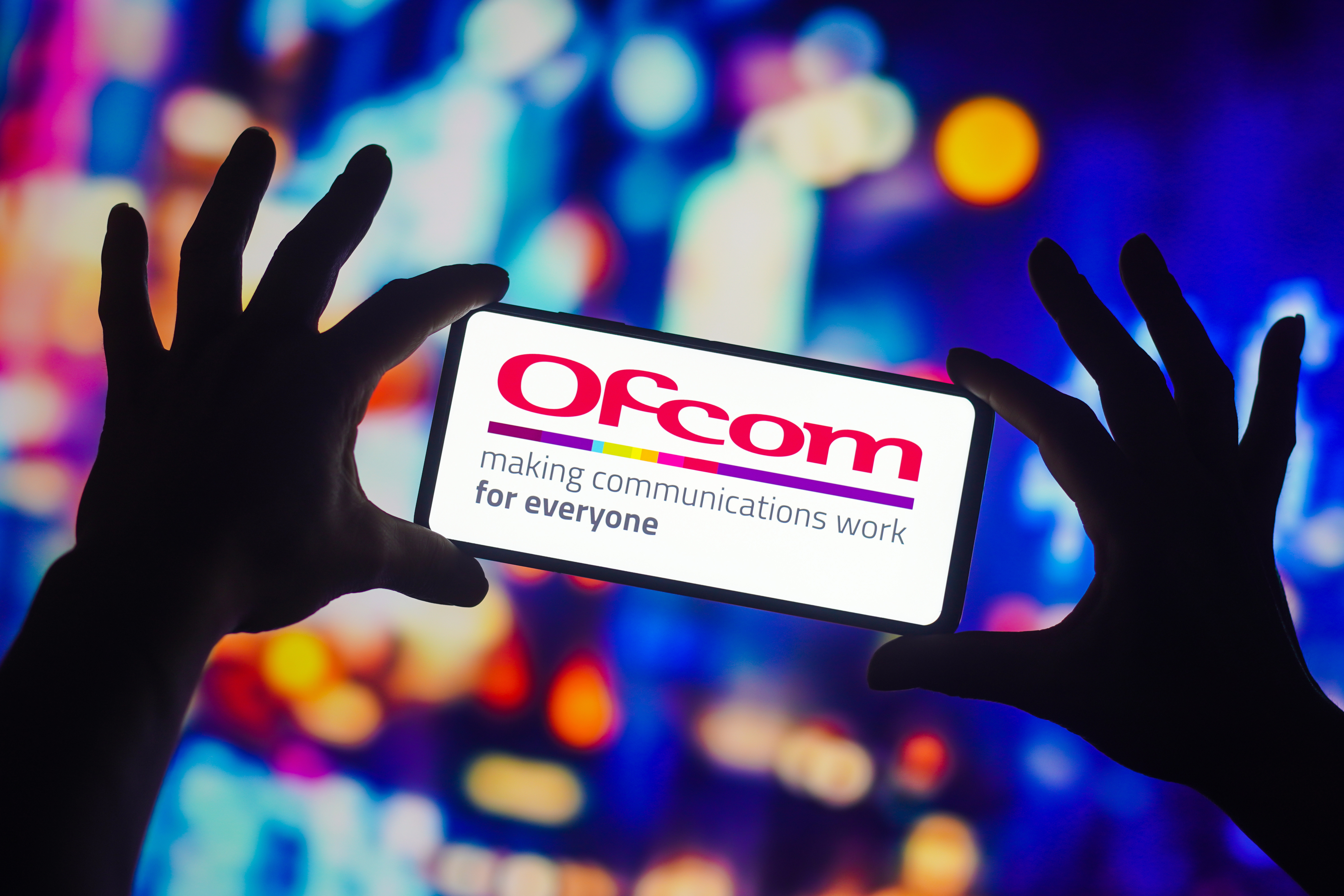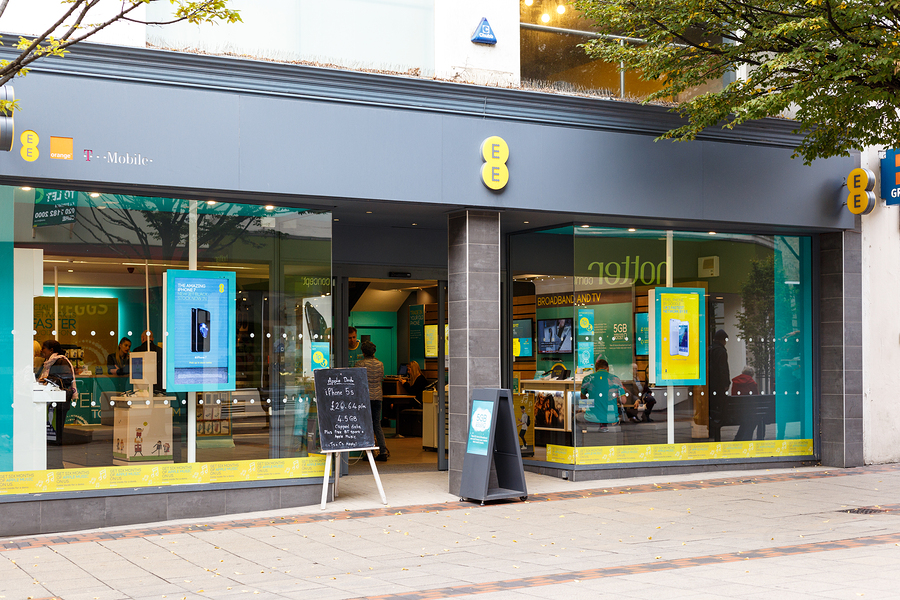UK TPS users still receive nuisance calls, research shows
Ofcom nuisance calls research shows TPS sign-ups leads to users receiving a third fewer calls

Users of the Telephone Preference Service (TPS) tend to see the number of unsolicited marketing calls they receive drop by a third, new research suggests.
Signing up to the TPS is supposed to guarantee consumers will not receive unsolicited live sales or marketing calls, but the research - which was commissioned by Ofcom and The ICO - shows many are still getting through.
Businesses based abroad can bombard Brits with nuisance calls all day, without penalty, if they feel like it.
Ipsos MORI ran a randomised control trial on behalf of the organisations that saw 782 participants keep a record of the calls they received during two four-week periods in November 2013 and March 2014.
After the November 2013 call-logging period, half of the participants were unknowingly signed up for TPS to allow a comparison between the number of calls those who were and were not signed up to the service received.
The findings revealed that nearly half (45 per cent) of people who sign up to the TPS receive no live sales calls, whereas this is true for just 26 per cent of people who don't sign up.
The research also shows that registering with the TPS resulted in a 31 per cent reduction in live call volumes per month, and a 35 per cent reduction when all forms of nuisance calls - including silent and abandoned ones - were taken into account.
However, the regulators claim "rogue companies" ignore the fact that people signed up to the TPS, which is why they continue to receive nuisance calls.
Get the ITPro daily newsletter
Sign up today and you will receive a free copy of our Future Focus 2025 report - the leading guidance on AI, cybersecurity and other IT challenges as per 700+ senior executives
Although, in other cases, people may continue to receive these calls after inadvertently agreeing to receive marketing communications from companies when completing online sales forms, they added.
The ICO and Ofcom are, in light of the survey's findings, encouraging more people to complain whenever they receive nuisance calls or text messages.
To report spam text messages, end users can forward them to their chosen network operator by sending it on to 7726.
Alternatively, they can alert the ICO, who also handles complaints to do with live telesales calls and automated marketing messages.
Meanwhile, complaints about silent or abandoned calls can be made to Ofcom.
The survey results have incurred the wrath of mobile comparison service uSwitch, who claim they show more needs to be done to clamp down on companies that flout the rules on making nuisance calls.
Marie-Louise Abretti, a telecoms expert from uSwitch.com, said: "The ICO needs greater powers to crack down on law breakers, but the other problem is that the TPS can only prevent companies registered in the UK from calling consumers.
"Businesses based abroad can bombard Brits with nuisance calls all day, without penalty, if they feel like it.
"More needs to be done by the Government and networks because telecoms customers are already taking responsible steps to try and eliminate this scourge themselves - although clearly it doesn't always work," she added.
Claudio Pollack, consumer group director at Ofcom, said he appreciates how frustrating receiving nuisance calls can be for people who have opted out by registering with TPS.
"That's why we welcome tough enforcement action from the ICO against rogue companies who breach the rules as part of regulators' joint work to help tackle nuisance calls," he added.
The ICO has confirmed plans are afoot to serve those who disobey the rules on bombarding end users with nuisance calls with harsher penalties.
"Nuisance calls are just that - a nuisance' - and we believe that should be sufficient to let us consider a fine," said Simon Entwisle, deputy CEO of the ICO.
"The Government will be consulting on this change later in the year. In the meantime, we will continue to identify and punish those companies that are failing to respect the law and the wishes of those registered with the TPS."
-
 Bigger salaries, more burnout: Is the CISO role in crisis?
Bigger salaries, more burnout: Is the CISO role in crisis?In-depth CISOs are more stressed than ever before – but why is this and what can be done?
By Kate O'Flaherty Published
-
 Cheap cyber crime kits can be bought on the dark web for less than $25
Cheap cyber crime kits can be bought on the dark web for less than $25News Research from NordVPN shows phishing kits are now widely available on the dark web and via messaging apps like Telegram, and are often selling for less than $25.
By Emma Woollacott Published
-
 New Ofcom guidelines show it’s getting tougher on big tech
New Ofcom guidelines show it’s getting tougher on big techNews New Ofcom guidance outlining its plans for the Online Safety Act show the regulator is toughening up on big tech.
By Emma Woollacott Published
-
 Ofcom’s draft guidelines on illegal online content set stringent rules for big tech
Ofcom’s draft guidelines on illegal online content set stringent rules for big techNews The codes of practice gives an insight into what the Online Safety Act will mean in practice
By Ross Kelly Published
-
 UK gov urged to ease "tremendous" and 'unfair' costs placed on mobile network operators
UK gov urged to ease "tremendous" and 'unfair' costs placed on mobile network operatorsNews Annual licence fees, Huawei removal costs, and social media network usage were all highlighted as detrimental to telco success
By Rory Bathgate Published
-
 UK regulator to investigate Amazon, Microsoft, Google cloud services competition
UK regulator to investigate Amazon, Microsoft, Google cloud services competitionNews The regulator is hoping to publish a final report, including its concerns or proposed recommendations, within 12 months
By Zach Marzouk Published
-
 We're addicted to our phones, according to Ofcom
We're addicted to our phones, according to OfcomNews Although always being connected means flexible working, some think it's having a negative impact on relationships
By Clare Hopping Published
-
 Ofcom reveals automatic compensation for ripped-off broadband customers
Ofcom reveals automatic compensation for ripped-off broadband customersNews £142 million will be automatically paid out to customers receiving a delayed service
By Clare Hopping Published
-
 Three fined £1.9m for 999 call flaw
Three fined £1.9m for 999 call flawNews Ofcom investigation reveals emergency calls were routed through a single data centre
By Dale Walker Published
-
 Ofcom fines EE £2.7m for overcharging 40,000 customers
Ofcom fines EE £2.7m for overcharging 40,000 customersNews Customers dialling 150 number abroad were overcharged £245,700
By Joe Curtis Published